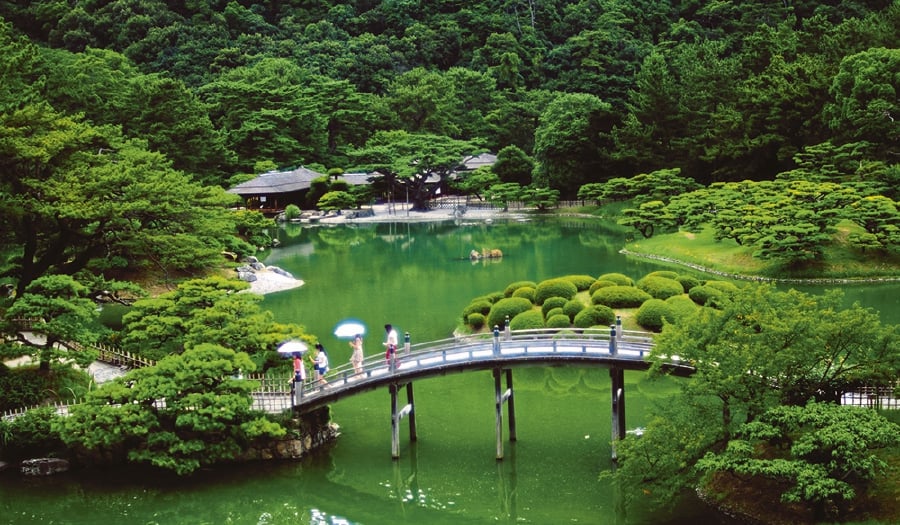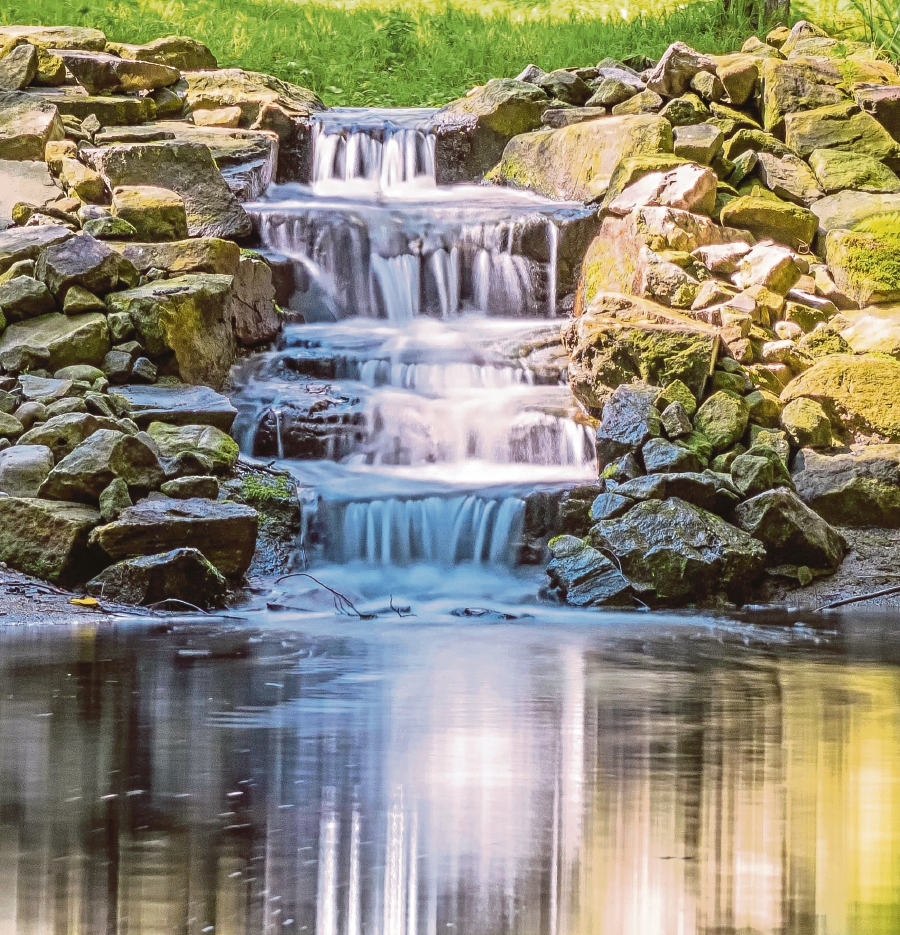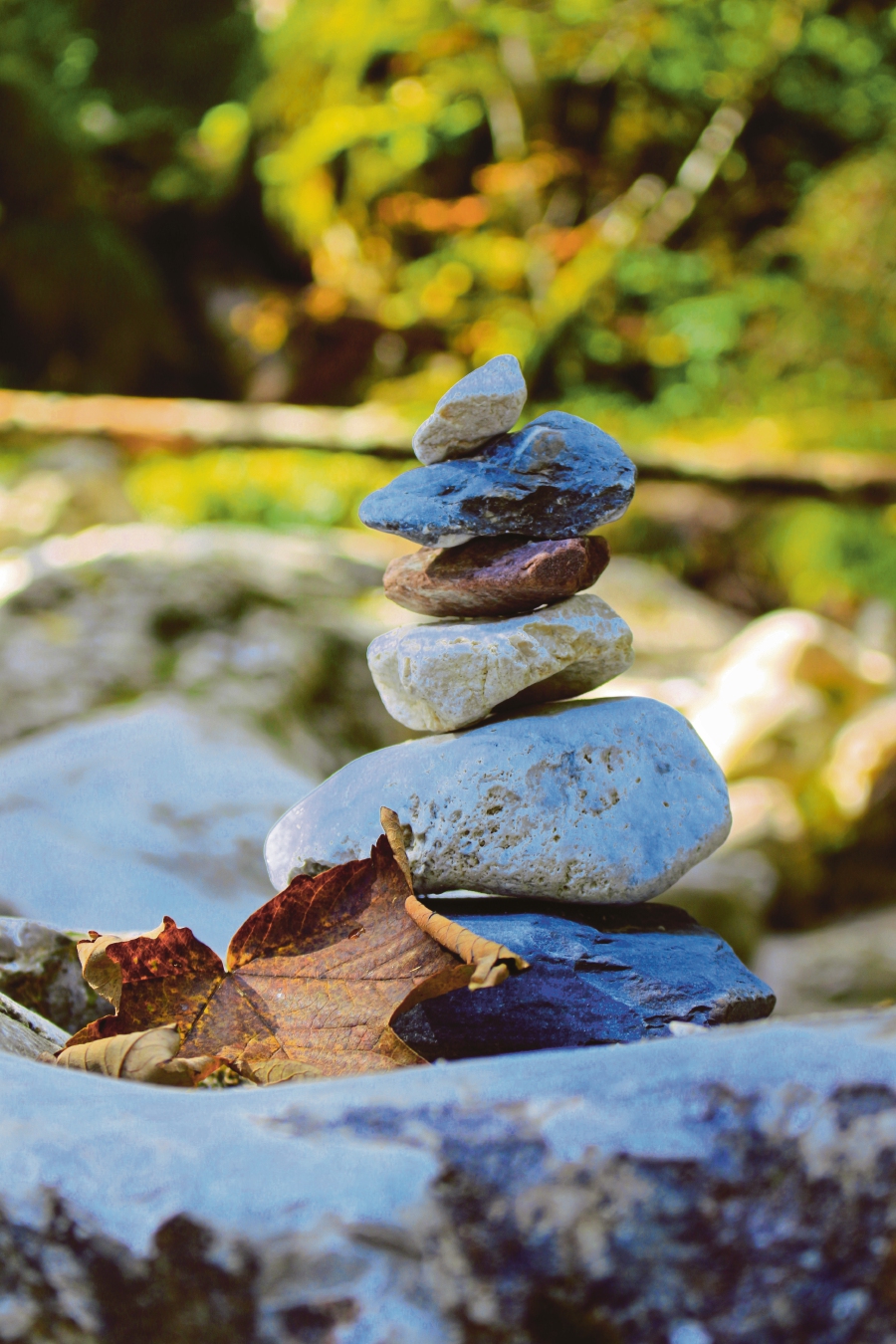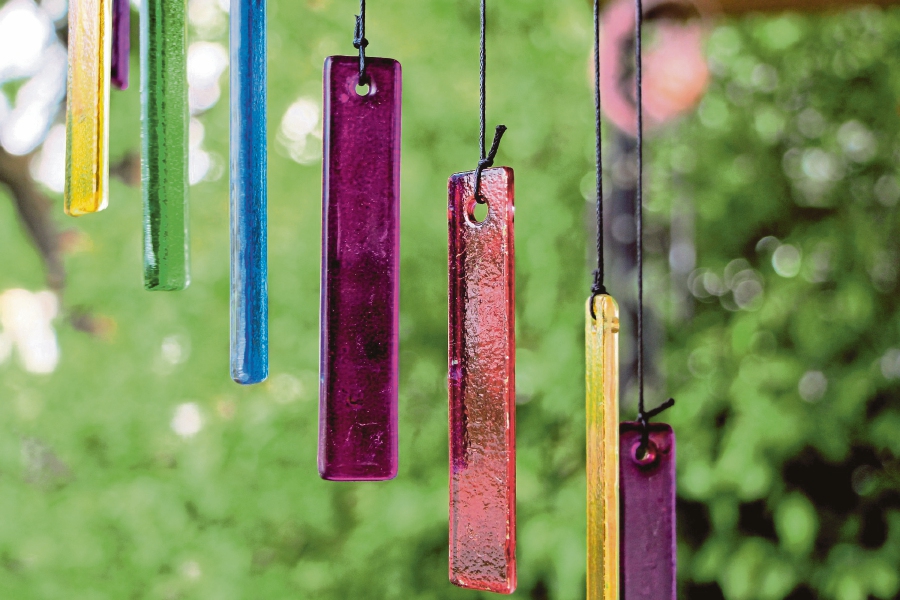
A typical Japanese garden. -Pix source: pixabay
QI in Feng Shui means “breath” or “air” and is often translated as “energy flow” or “life force”.
According to Feng Shui experts, in order to maintain physical and emotional health, qi must flow freely. For positive well-being, the flow of qi must be balanced and not blocked.
Using the Feng Shui concept in garden landscape designs can help create a peaceful and serene place as qi will flow freely.
Feng Shui works with nature and enhances all the Earth’s elements — wood, water, metal, fire, and earth. The goal of a Feng Shui garden is to achieve balance of these elements in overall landscape design for a natural tranquil place that is inviting, relaxing and energising to all.
The five elements of Feng Shui are represented in a garden by various plants and objects.
• Wood: planting boxes, bench
• Water: fountain, pond, birdbath
• Metal: wind chimes, arbor, planters
• Fire: garden lights, lanterns
• Earth: soil, rocks, peebles, clay pots

For qi to flow freely, create a fountain, pond or a symbolic river with stones and rocks. -Pix source: pixabay
To create a serene garden, there must be proper use of the earth’s elements, colour arrangement and coordination, as well as the placement of plants. They play an important role in the balance and harmony of the garden you want to create.
Feng Shui gardens should have the three Feng Shui key of mountains, greenery and water features.
Raised flowerbeds and rocks can symbolically represent mountains, while plants, shrubbery, or trees provide the required greenery. Creating pathways and curvy areas with raised flowerbeds and rocks in various levels helps promote the qi energy to flow through your garden.
A fountain or pond is the water feature. You can also create a symbolic river of stones and rocks to represent water.
With qi flowing freely, your garden will be in tune with nature. It will also provide the beneficial effects of positive chi energy.

The goal of a Feng Shui garden is to achieve balance with the Earth's elements. -Pix source: pixabay
CHOOSING AUSPICIOUS COLOURS
Few things affect the overall look and feel of a garden. Just like your home, colours play an equally important role in a Feng Shui garden.
Homeowners need to take into account the textures and the plants when deciding on their colours in the garden.
The colours in the garden should bring you pleasure when you look at them, as they reflect back to you positive healing energy.
Different colours have different energy levels and may affect your feeling and moods differently.
In Feng Shui, the yin colours are healing and relaxing, and they include blue, black, purple and white.

Wind chime is one of the metal elements to enhance the energy levels in your garden.-Pix source: pixabay
White is also said to have a soothing effect. A white garden spells style, although to some it runs the idea of death. White flowers basically evoke associations with peace and purity.
Yang colours, such as orange, red and yellow, represent the elements of wood and fire. These colours provide motivation, enthusiasm and positive energy.
Red is not necessarily aggressive if you mix it with fresh green foliage. It can work as a complementary colour.
WATCH THE VIDEO
No comments:
Post a Comment